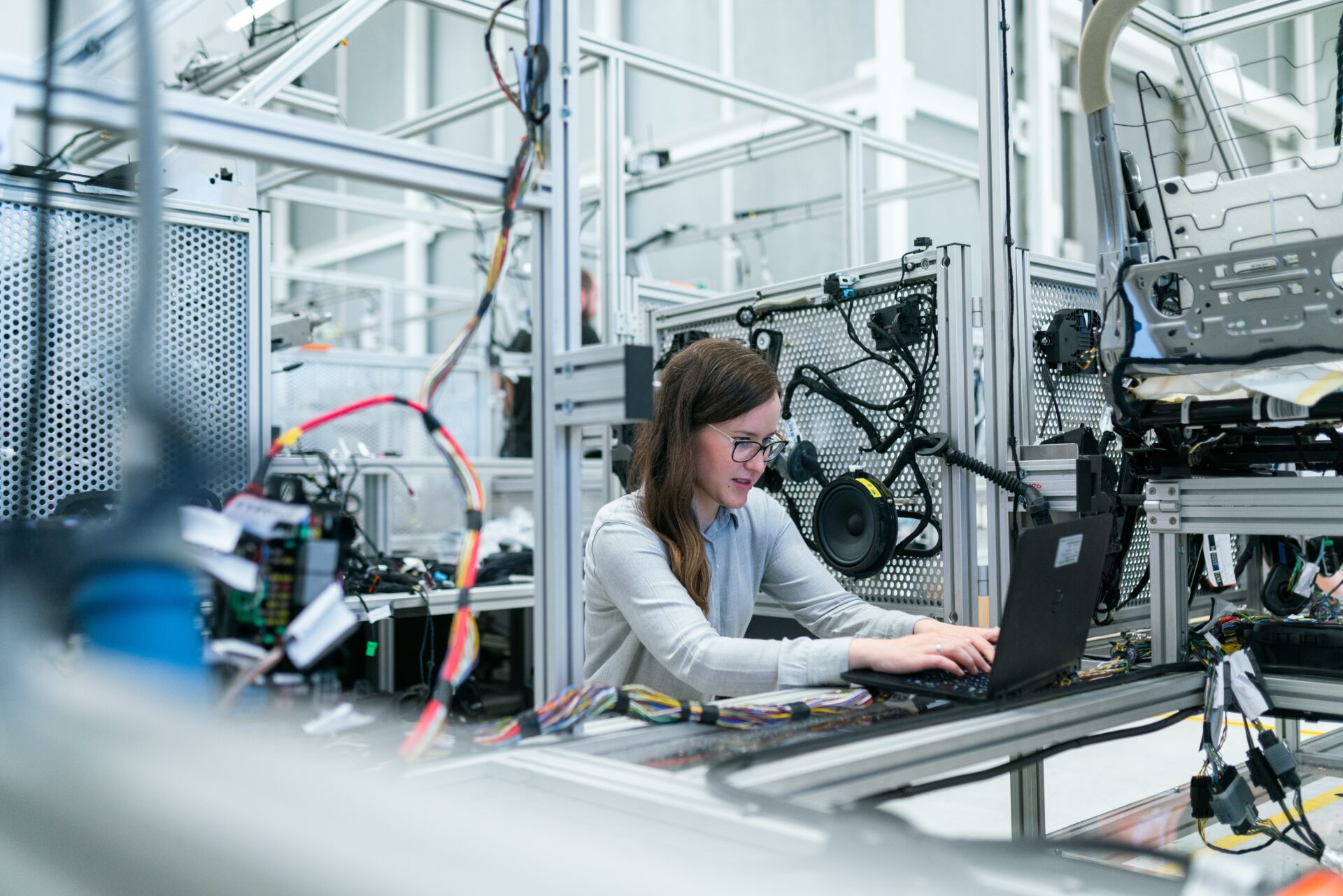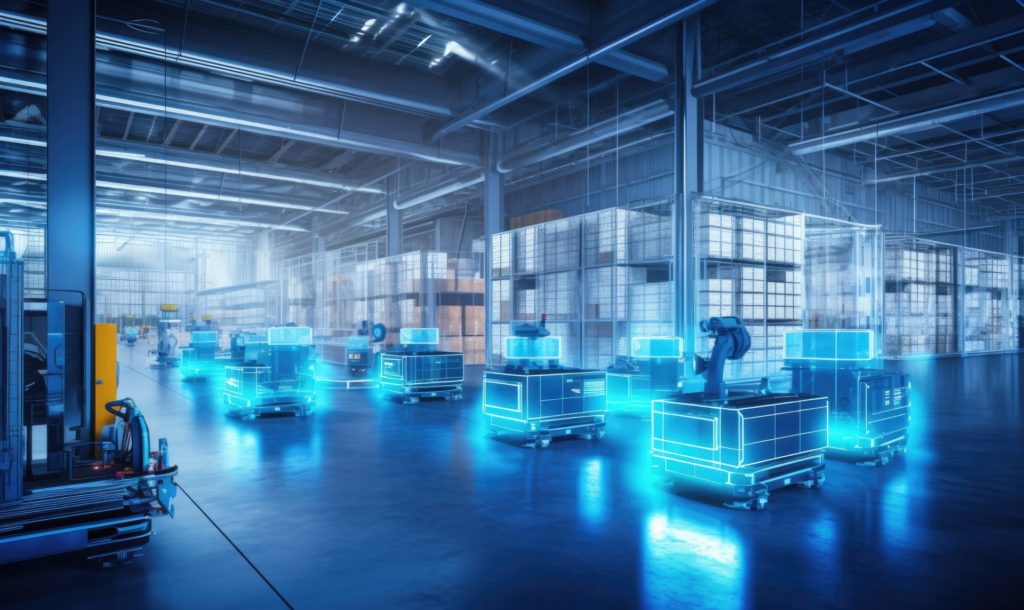How we produce and manufacture products is changing fast. Digital technologies are quickly being implemented across the board, creating smart factories in a movement coined as Industry 4.0.
But what is Industry 4.0 and how will it affect recruitment in the industry?
Industry 4.0: A definition
Industry 4.0 describes a revolutionary upgrade in production from previous standards in automation – it’s the fourth industrial revolution. Made possible by artificial intelligence and the internet of things (IoT), Industry 4.0 involves installing networked computer systems in the factory setting. These computers will communicate with one another to make smart decisions in real-time without any human input needed. The result? A production process that significantly improves both accuracy and efficiency.
With technology improving and the advantages becoming ever clearer, it’s no wonder this step forward in production is gaining popularity. Moreover, similar upgrades are taking place in other areas of business too. 72% of manufacturing companies used data analytics and related technologies to improve their customer service and customer intelligence. The companies adopting Industry 4.0 standards will see higher returns of up to 20% over the next 5 years, with 86% expected to lower their costs and increase revenue.
Industry 4.0 is part of a wider push across the economy to implement digital technology to become more agile, flexible, and responsive to customers and the business environment.
Industry 4.0’s success depends on having the right strategy
Preparing adequately for Industry 4.0 starts with identifying compatible technologies to incorporate. With the installation of data-collecting sensors, networked systems, and AI to rapidly process the data coming in from the factory floor, production centres using an
Industry 4.0 model can make the most of their resources while also reducing waste.
Tech-based improvements of this type, if intelligently applied, will improve not only production but also operating systems and product quality. This will make possible an ecosystem where companies can connect more deeply than ever with their customers.
Yet Industry 4.0 is not just about getting hold of the most recent systems and software. It’s more about maintaining consistency and flexibility in a race to outperform your competitors. The right strategy for Industry 4.0 should therefore adhere to the same goals that businesses have observed in the past. Namely, every adaptation should be geared toward improving product quality, increasing manufacturing speed and efficiency, and making the production process more resilient.
People remain central to the process
For every change in process, training programmes must also be launched to help workers adapt. Workers will need to acquire a variety of ‘hard skills’, like changing machine mechanisms and operating robots. Standard IT competencies in the new environment will include everything from using basic spreadsheets to applying analytical skills to understand real-time data.
Just as vital, ‘soft skills’ will be needed as employees encounter changing roles and responsibilities. In cases where certain types of tasks cannot be trained, businesses will need to recruit people with those capabilities instead.
Although talk of automation typically prompts concern over potential job losses, the Industry 4.0 transformation is expected to result in net job creation. Moreover, jobs in a 4.0 economy will require greater skill and engagement, reducing the need for the kind of physically demanding or repetitive jobs that have been a common feature of production models for years.
The challenge for employers is to create a plan for retraining current employees so they can move seamlessly into the new system. Employers can also find the right talent on the job market, but only if they focus on the skills needed to recruit for Industry 4.0.
Human resources must be up to the task. Recruiters will need to find engineers with skills in software and IT – an increasing challenge as other companies seek to recruit those with similar skills. According to the World Economic Forum, 54% of employees are going to need significant training by 2022, and 35% will need at least 6 months to achieve the necessary skill level.
Employees in Industry 4.0 must be system savvy as they work alongside advanced technology. At a minimum, many will need the ability to analyse data from AI systems or help manage the network of robotic devices. As these types of skills become the focus of increased demand by employers, the pool of qualified candidates may become more scarce. This will require a greater investment in on-the-job training by companies looking to remain on the cutting edge of their industry.









